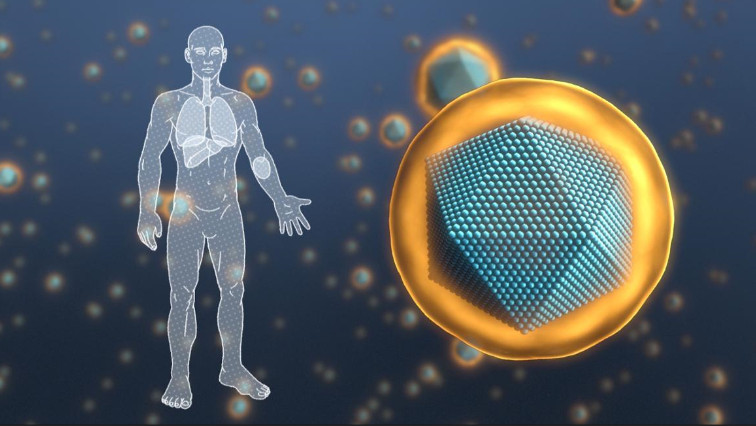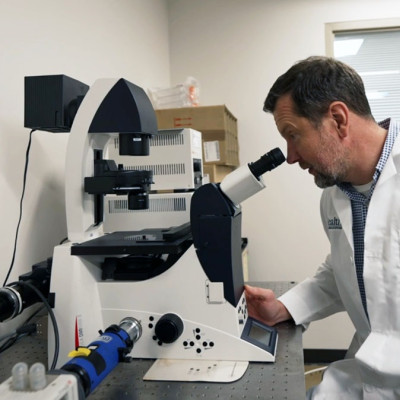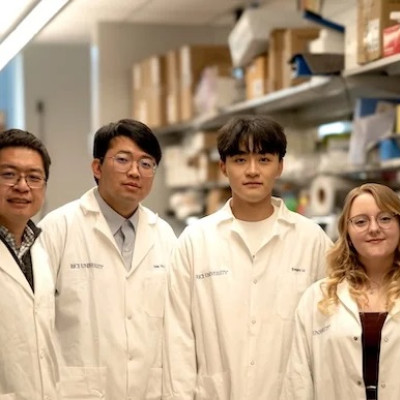Nanobiotix, a clinical-stage biotechnology company focused on developing first-in-class product candidates that use proprietary nanotechnology to transform cancer treatment, today announced a new collaboration agreement secured by its wholly-owned subsidiary, Curadigm.
Pursuant to the selection of a project involving Curadigm’s Nanoprimer technology as a promising option to significantly improve gene therapy development, Curadigm will enter into a one-year agreement with the pharmaceutical company inclusive of direct funding and scientific exchanges. The goal of the project is to establish proof-of-concept for the Nanoprimer as a combination product that could improve treatment outcomes for gene therapy product candidates.
Many promising nucleic acid-based therapeutics administered intravenously are limited in their efficacy due to rapid clearance in the liver, which prevents these therapies from reaching the necessary accumulation in target tissues to generate their intended outcomes. Additionally, accumulation in the liver, rather than in the target tissues, can lead to dose-limiting hepatic toxicity.
The Nanoprimer is proprietary technology invented at Nanobiotix and licensed to Curadigm for development and commercialization. The Nanoprimer is designed to precisely and temporarily occupy therapeutic clearance pathways in the liver. Delivered intravenously, immediately prior to the recommended therapy, the technology acts to prevent rapid clearance—thereby increasing bioavailability and subsequent accumulation of therapeutics in the targeted tissues.
Given that the Nanoprimer is a combination product candidate that does not alter or modify the therapies it is paired with, Nanobiotix expects that the team at Curadigm will continue to seek partnerships across drug classes—particularly with RNA-based therapies. The Company believes that the ongoing expansion of Curadigm’s development pipeline could create new pathways for the significant improvement of treatment outcomes for patients around the world.
Read the original article on Business Wire.







